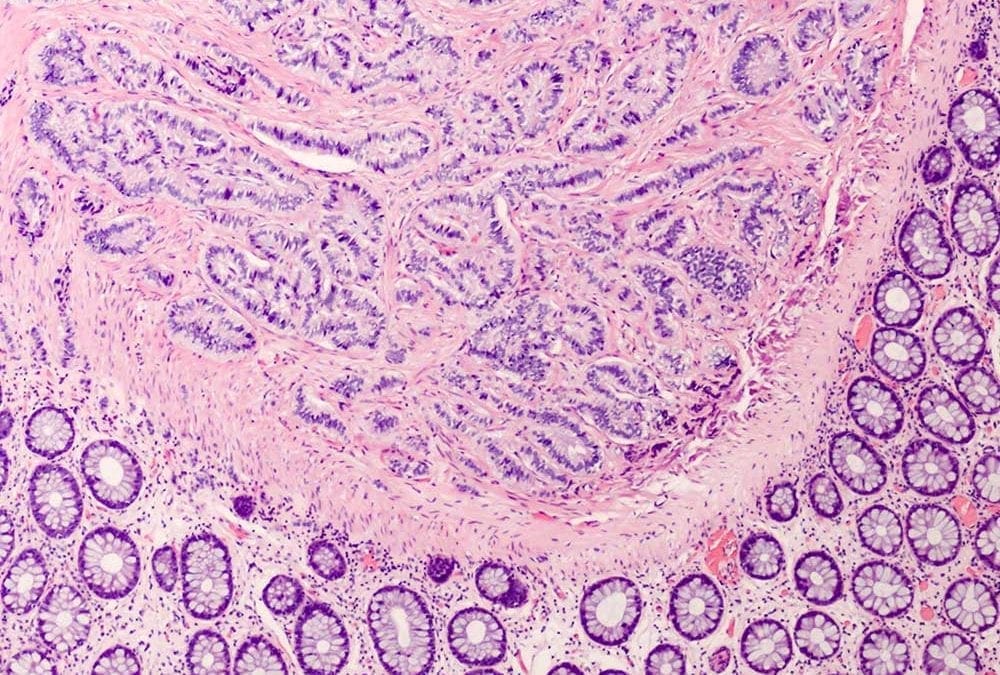Today, it is widely accepted that NETs have both a protective and a pathological impact on the host.
When neutrophils encounter pathogens, not only engage in phagocytosis and degranulation, they also release neutrophil extracellular traps (NETs)
In CANCER, NET-associated proteins lead to reawakening of dormant cancer cells and convert them to proliferating metastatic cells.
In LUPUS, NETs are thought to be a source of autoantigens, as well as immunostimulatory molecules that activate dendritic cells and fuel inflammation.
Currently, there are still a number of unknowns concerning NETs. Another important question is what determines whether a neutrophil undergoes lytic or non-lytic NET formation.
And the pathological effects of NETs are only beginning to be detailed.

Specializing in rare disease, Boston Biotech Clinical Research works with biotech, pharmaceutical, device companies and investors to streamline the clinical trial process. Our experienced team helps each client reach their specific goals by customizing a clinical and regulatory road map of simplified programs and streamlined protocols to meet our clients’ requirements.

